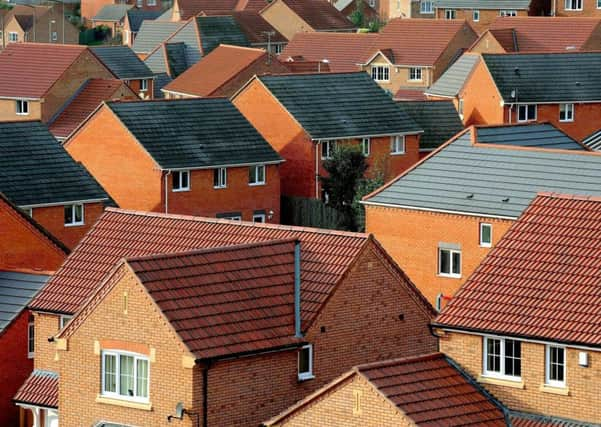Yorkshire council tax bills ‘set to rise one-fifth by 2020’


Senior politicians and officers in Yorkshire councils have told The Yorkshire Post the combination of cuts in Government support, new freedoms to raise money to pay for adult social care, and the pressure to be self-sufficient by 2020 is likely to see bills consistently rise between now and 2020.
Councils are already under pressure to raise money to meet rising demands for services, particularly in areas such as care for the elderly. Ministers have now scrapped the previous incentive, the “freeze grant”, which saw town halls receive compensation for not increasing bills. The Government has also set out its ambition for all authorities to fund themselves by 2020 as it gives councils power to retain business rates raised in their areas.
Advertisement
Hide AdAdvertisement
Hide AdWhile the Government has said it will continue to force councils to hold a referendum if they want to raise bills by more than two per cent, it will now allow an additional annual two per cent rise if the money is ring-fenced to be spent on adult social care.
One senior council officer said the measures marked a “significant shift” from the last five years when the pressure was on authorities not to increase bills. Council leaders have told The Yorkshire Post they are likely to use sales of land and some of their reserves to cushion cuts they are making but a series of four per cent rises are likely.
Bills are likely to also rise as a consequence of police and crime commissioners exercising their power to increase their precept annually by up to two per cent.
Chancellor George Osborne promised to protect police funding at current levels in his recent Government spending review but that included commissioners raising their precepts.
Advertisement
Hide AdAdvertisement
Hide AdFormer Bradford Council chief executive Tony Reeves, now a partner at business advisory giant Deloitte, said: “Most authorities in the region have experienced a significant reduction in funding since 2010 as part of the national austerity programme which was essential to realign public finances in the wake of the financial crisis.
“That realignment is still going on and so the financial climate for all public sector organisations, including local government, will remain extremely challenging for years to come.
“Our ageing population is putting added pressure on both health and social care services and the two per cent precept, whilst welcome, won’t even keep pace with rising demand for services in most localities.
“It will be for individual councils to decide the balance between raising the council tax to fund much needed services, for example to frail elderly people, and keeping council tax bills affordable for local people.
“The track record of most councils in keeping increases to a reasonable level despite the financial pressure they are facing has been very good in recent years.”